- Home›
- Healthy Living›
- 7 Effective Home Remedies To Treat Itchy Belly During Pregnancy
7 Effective Home Remedies To Treat Itchy Belly During Pregnancy
By: Priyanka Maheshwari Fri, 15 Dec 2023 7:22:39
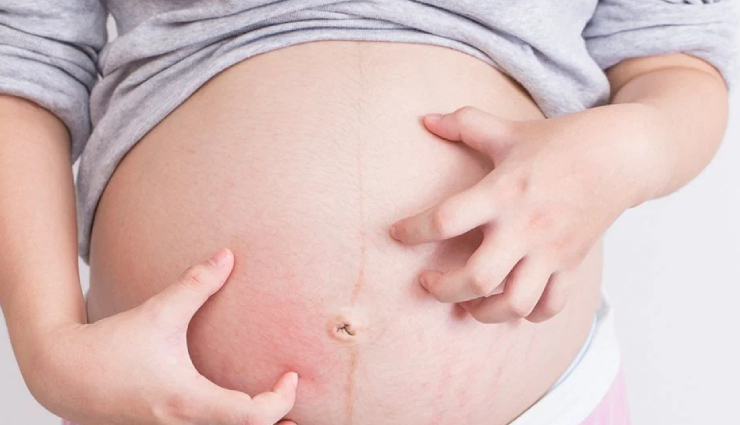
Itchy belly during pregnancy is a common and often harmless symptom experienced by many expectant mothers. The medical term for this condition is pruritic urticarial papules and plaques of pregnancy (PUPPP) or gestational pemphigoid. It typically occurs in the later stages of pregnancy, particularly during the third trimester.
Several factors contribute to the itching on the belly during pregnancy, including hormonal changes, stretching of the skin as the abdomen expands, and increased blood supply to the skin. The itching is often accompanied by red or raised bumps on the belly.
While itching is usually benign, it can be uncomfortable and bothersome for pregnant women. In some cases, severe and persistent itching may be a sign of a more serious condition, such as intrahepatic cholestasis of pregnancy (ICP), a liver disorder. Therefore, it is essential for expectant mothers to communicate any unusual or persistent symptoms with their healthcare providers.
To alleviate itching, pregnant women can take certain measures, such as using moisturizers to keep the skin hydrated, avoiding hot showers, wearing loose and breathable clothing, and using mild, fragrance-free soaps. It is crucial to consult with a healthcare professional to rule out any underlying health concerns and receive appropriate guidance on managing and relieving the symptoms.
Overall, while itchy belly during pregnancy is a common and often normal occurrence, it is essential for expectant mothers to stay vigilant about their symptoms and seek medical advice if they experience severe or persistent itching. Regular prenatal check-ups and open communication with healthcare providers are crucial in ensuring the well-being of both the mother and the developing baby.
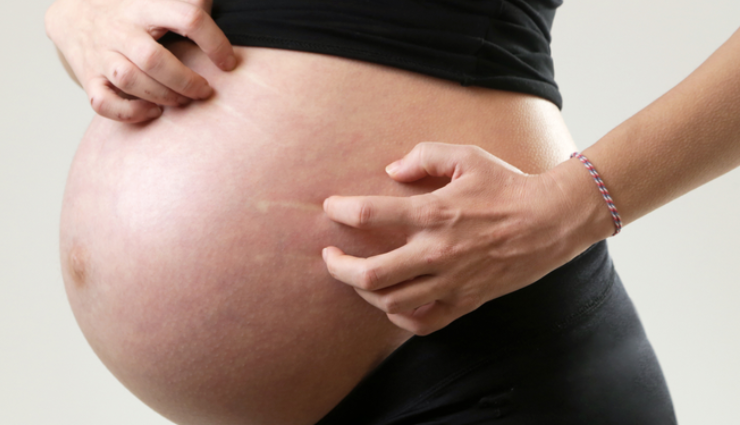
# Refrain from scratching
Resist the urge to scratch the itch on your belly, as doing so can worsen the condition. Keep your nails short and consider wearing gloves at night to prevent exacerbating the discomfort.
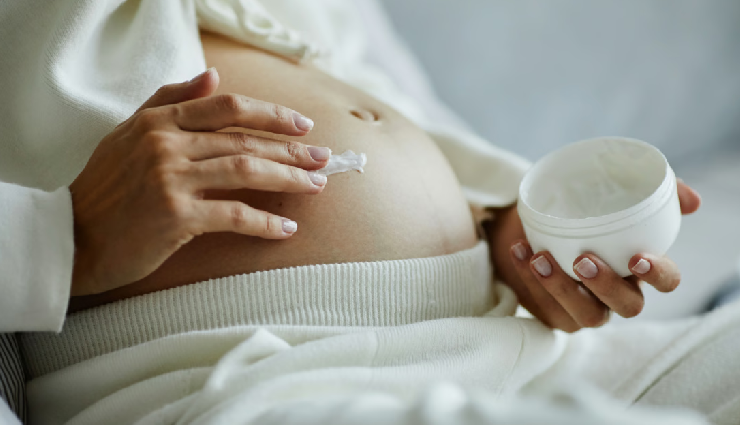
# Use a moisturizer
Consistently moisturizing your skin is an effective way to alleviate irritation, as dryness often contributes to the problem. Opt for a high-quality moisturizer, especially one containing vitamin E, and apply it generously to the affected area. Avoid moisturizers with strong scents, as added perfume (which often contains alcohol) may exacerbate the condition.
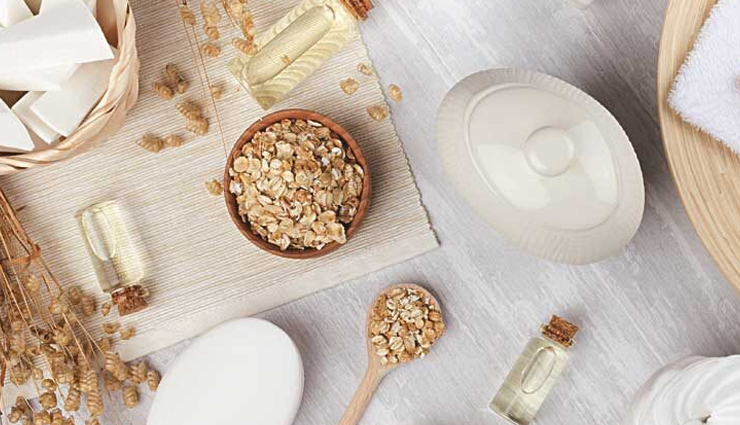
# Take colloidal oatmeal baths
Colloidal oatmeal, different from the breakfast variety, can be easily found in drug and grocery stores. Add a small pouch of oatmeal to lukewarm water and soak for 15 minutes. This will help balance your skin's pH and provide relief from itching.

# Steer clear of hot water baths
Hot water baths can strip your skin of its natural oils, leading to increased dryness and more severe itching. Opt for lukewarm water to prevent exacerbating the condition.

# Dress comfortably and stay dry
Opt for dry, clean, and loose-fitting clothes daily to promote skin health. Tight clothing can aggravate the condition by constantly rubbing against the skin and absorbing sweat, leading to further irritation.
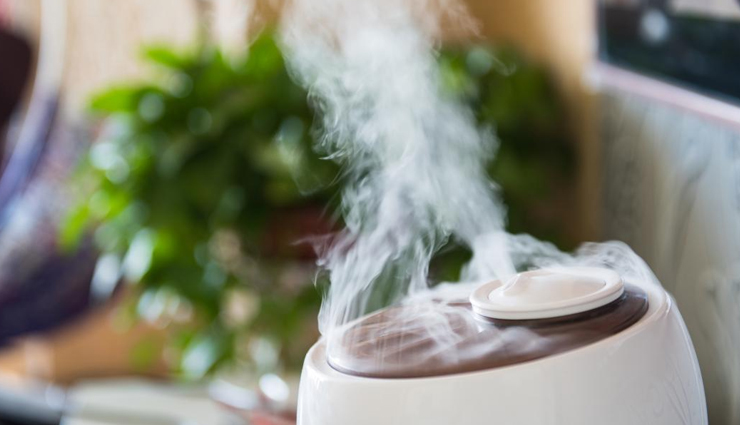
# Use a humidifier
Employing a room humidifier can prevent excessive moisture loss from the skin. However, it's crucial not to overuse the humidifier, as excessive humidity may lead to allergies.

# Stay hydrated
Ensure you stay well-hydrated by drinking plenty of water. Adequate hydration contributes to overall skin health, helping to keep your skin hydrated and less prone to discomfort.





